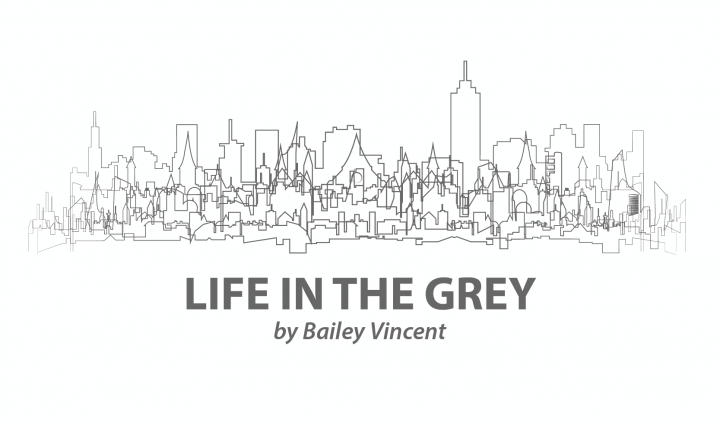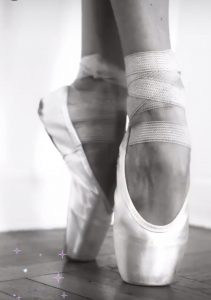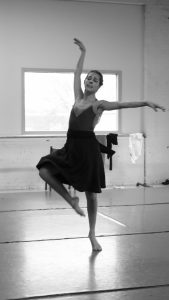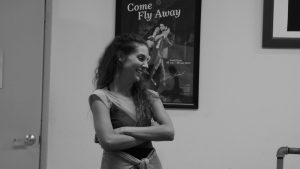Healthcare Could Use the Kinesthetic Empathy of Dance

I share a lot online.
I share medical ups and downs whenever possible. I share the audiogram roller coaster of going Deaf. I share the ebb and flow of motherhood. I share the stormy tides of body politics in a world that doesn’t take kindly to stomas and scars.
It’s a lot of up. It’s a lot of down.
But recently I’ve been sharing something I didn’t expect to resonate: footage of dancing. These innocuous 10-second clips of imagery started innocently enough. The first time I posted one, I wrote something like, “If you feel stuck right now and miss moving, share these few moments with me and let’s pretend I’m dancing for you.”
Then something funny happened. Chronically ill friends began to message me — a lot.
The Cystic Fibrosis News Today forums are a place to connect with other patients, share tips and talk about the latest research. Join today!
“I’m a dancer but haven’t been able to dance for over a year due to health,” one of them shared. “But seeing your little video snippets gives me a few seconds of feeling a bit of the wonderful feeling I used to get when I danced.” Another message read: “Sometimes watching, I can almost feel my body moving along with the dancer on the inside of me. It sounds super weird, but I do believe that there’s a connection. Even sitting in a chair or bed.”
Eventually, someone explained that my #dailydoseofdance stories on Instagram actually has a scientific basis: kinesthetic empathy. “It’s being able to feel emotions through and as if you are moving with a dancer,” she explained.
So what does this have to do with you? If you’re a routine reader of this column or a CF connoisseur who cares little about dance, why should you care about kinesthetic empathy?
Here’s why: Of all the prescriptions in the world of healthcare, we need empathy the most.
This extends to dance as well. Dancers are basically expected to silently suffer through tears and stares for fear of being abruptly replaced or forced to retire. Even as students, the health of a dancer is often our last priority. Sprung floors should be a requirement for joint longevity. The proper amount of time to warm up, cool down, and condition should matter. Even safe spaces to discuss mental health should be developed.
Instead, we train students to tilt their legs to impossible heights, push their muscles to breathtaking lengths, and compensate with a frenzied goal of winning medals and scoring contracts. In the end, an overwhelming amount of students stop by 18 or 19 years of age — injured, exhausted, or both.
“How many of you hope to be dancing for the rest of your lives?” I’ve asked a room full of young ballerinas before. Only a few hands rose.
Most dancers are never asked this question at all. They’re never given the tools or time to learn how. Dance should be a lifeline for a lifetime. Our goal should be to accommodate the skeletons we have, align our bodies properly, and perform our best within the limits of our safety so that we may take barre when we are 80.
Perhaps it’s the “live in the moment” energy that resonates with so many of my sick friends when watching glimpses of glissades. Maybe they sense that feeling of urgency and know it well. In the same way that many dancers don’t plan for the future, burning a candle on every end until they’re literally burned out, so do a majority of people with CF and chronic illness. And therein lies the connection.
What would happen if we approached the treatment of those with terminal or perpetual illness as if they had forever? How much better would medicine be if we taught our youth that they have to make the world work for their body, and not vice versa? Instead of forcing ourselves to fit in, pushing too far or too hard, or ignoring symptoms to put a stage-worthy smile on our faces, I wish we could put longevity tools into practice in both fields. That we could empower everyone — even those with an approaching expiration date — to treat life and medicine like an adage, and not an allegro.
Kinesthetic empathy is a real thing. My friends resonate with movements and moments that are not their own, feeling ignition in muscles without ever leaving their bed. But what is the name for this in medicine?
I wish I knew. But whatever it is, we need it. We need more of it. And for all of us dancing so fast that we can’t see the full picture anymore, try to remember the healthcare you deserve.
We deserve to feel as if we are moving forward, together, even if we haven’t left our bed.
***
Note: Cystic Fibrosis News Today is strictly a news and information website about the disease. It does not provide medical advice, diagnosis, or treatment. This content is not intended to be a substitute for professional medical advice, diagnosis, or treatment. Always seek the advice of your physician or other qualified health provider with any questions you may have regarding a medical condition. Never disregard professional medical advice or delay in seeking it because of something you have read on this website. The opinions expressed in this column are not those of Cystic Fibrosis News Today, or its parent company, Bionews Services, and are intended to spark discussion about issues pertaining to cystic fibrosis.











Leave a comment
Fill in the required fields to post. Your email address will not be published.